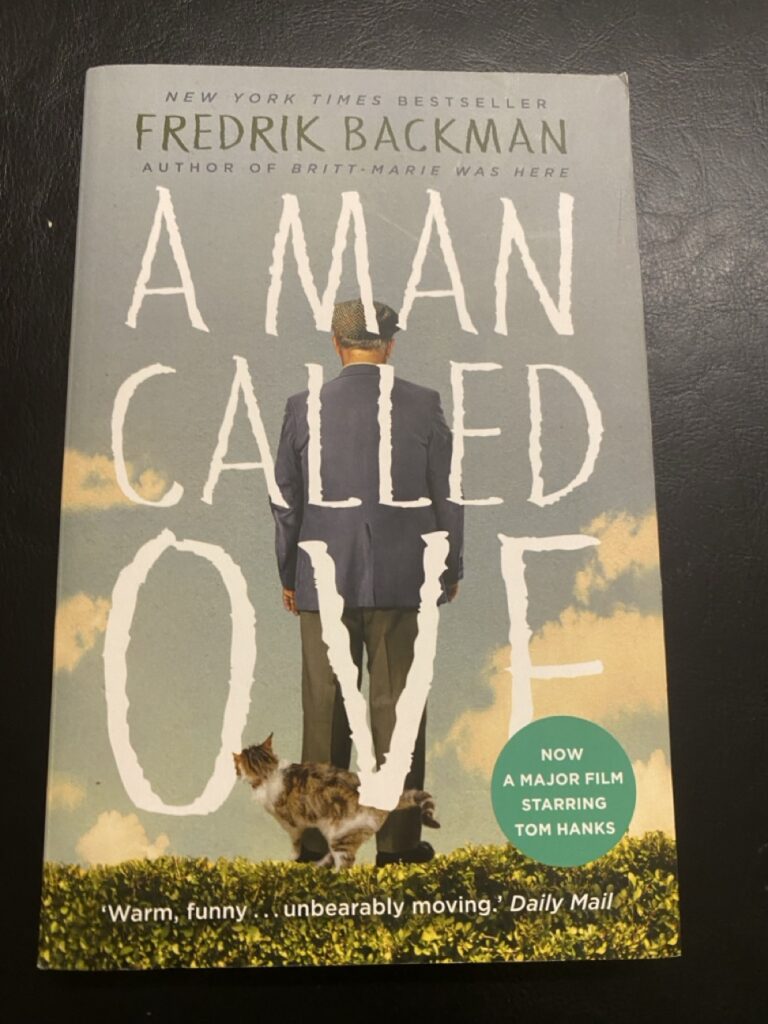For as long as I can remember, I have read only business and professional growth books. Fiction never made it into my reading list when I was thinking about work or learning. You can check out my full reading list here: https://sp2hari.com/books. It’s all about learning and growing in my career.
The only fiction book I have read is The Little Prince, and that was only because my friends pushed me to read it. They thought I needed a break from all my business books. Even then, I couldn’t help but find lessons from it, which I wrote about here: https://sp2hari.com/the-little-prince.
But recently, I started to change how I think about fiction. I listened to an interesting chat between Tim Ferriss and Claire Hughes Johnson that made me stop and think. Tim asked Claire why anyone should read fiction. Is there more to it than just learning about human nature? (I think he was more like me, where he strictly avoided reading fiction)
Tim Ferriss: So what are the reasons to read fiction aside from the, as I think you put it earlier, the insight into the human condition? If you were trying to get someone to take that first bite of the forbidden apple of fiction, are there any other points that you would make?
Claire Hughes Johnson: How do you build empathy? How do you understand everybody has a story? I mean, you’ve traveled a lot, Tim, but a lot of people you and I both know haven’t traveled the world, they haven’t been to that many countries. Do you want to go to another country? Find a great novel that’s been translated from that country, and read it, and you will understand that country in a way that no travel guide will ever give you, in my opinion. So I think it’s a very cheap way — and there’s also to build emotional intelligence.
I think I’ve worked now in tech companies for over 20 years, and when you sort of get to certain levels of responsibility with management and leadership, you could be technically the smartest person in the room, but if you have no emotional intelligence or dimensionality in contemplating emotional states, you are going to struggle. You are going to struggle to lead. And so when I say understand the human condition, I don’t just mean, “I’m reading a book and I understand, wow, that’s how it might feel to be in a divorce or that’s how it might feel to lose your child or — ” I’m saying, no, you yourself, as the reader, if the book is really good, start to feel the feelings. You start to feel like, “Oh, I lost a child.”
Emotional exercise is hard. It’s either happening to you, so you’re going through an emotional situation in your own life, which is hard, but doesn’t happen every day to most people, or you’re going to get emotional exercise from, in my experience, a lot of people get it from film.[…]
Claire Hughes Johnson: But anyway, point is, I think it’s emotional workout. Literature, great films.
You can listen to the entire podcast at https://tim.blog/2024/02/27/claire-hughes-johnson/
This idea was new to me. Fiction might not just be for fun or creativity; it could actually help me grow as a leader and a friend. It’s like a type of training for your emotions, which doesn’t happen in everyday life.
The first book I’m going to pick from the fiction is this one – A Man Called Ove.
I have already watched the movie, and it even made me tear up at the end. People say the book is even better, with more depth and feeling. Even if I already know the story from the movie, I’m excited to see what the book has to offer. Let’s see how it goes.


Pingback: A Man Called Ove – hari@weblog